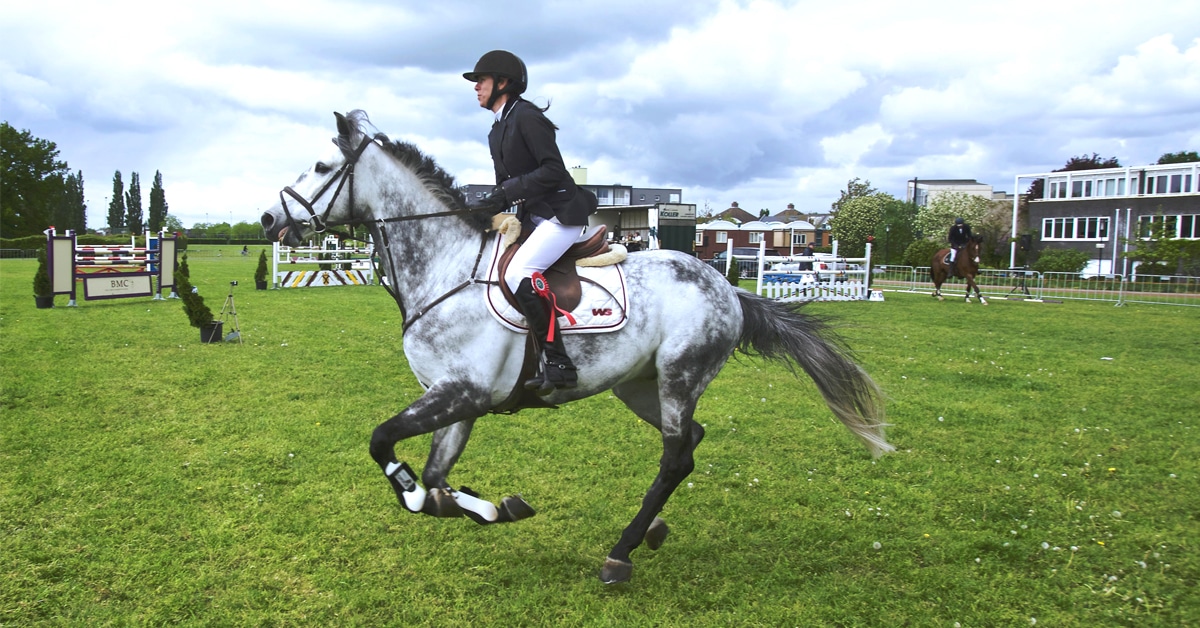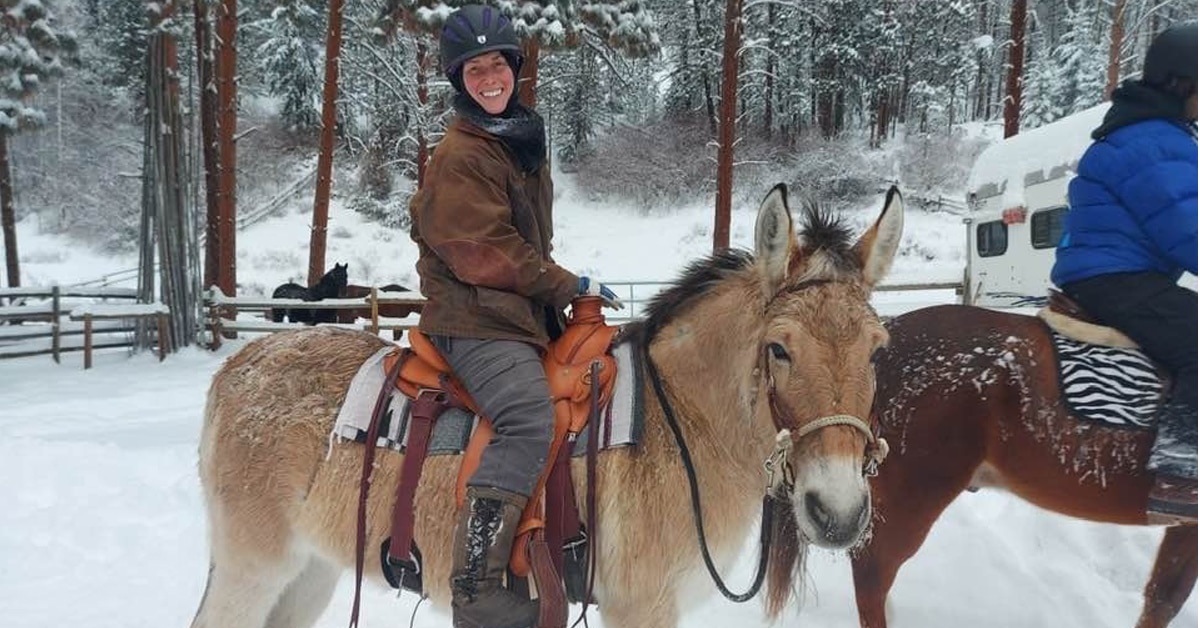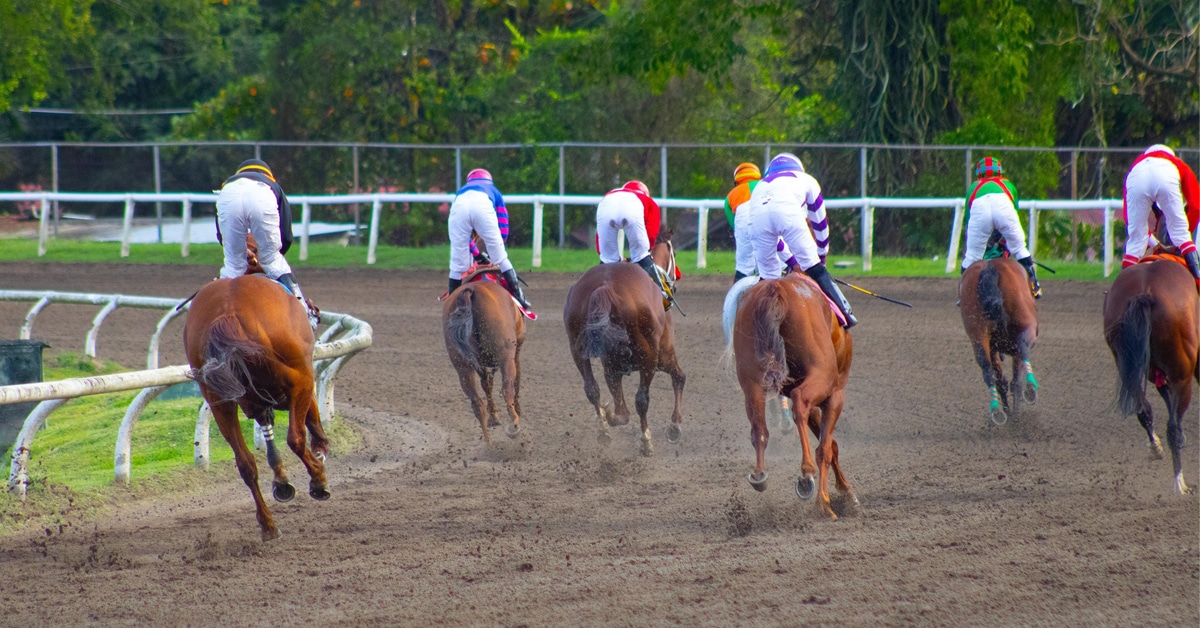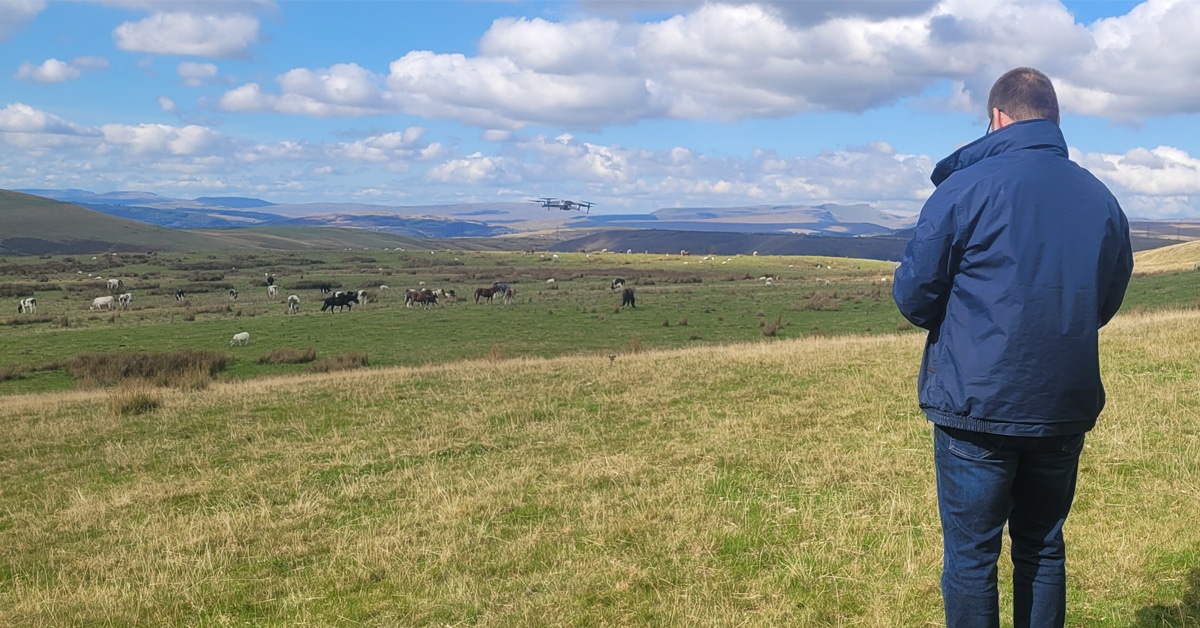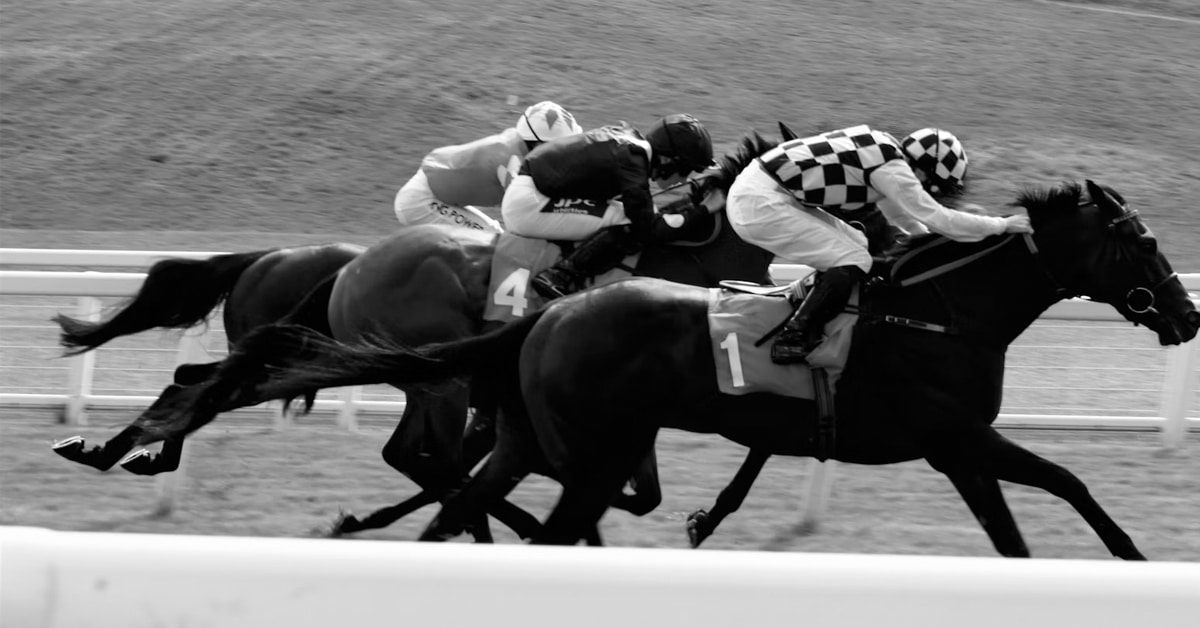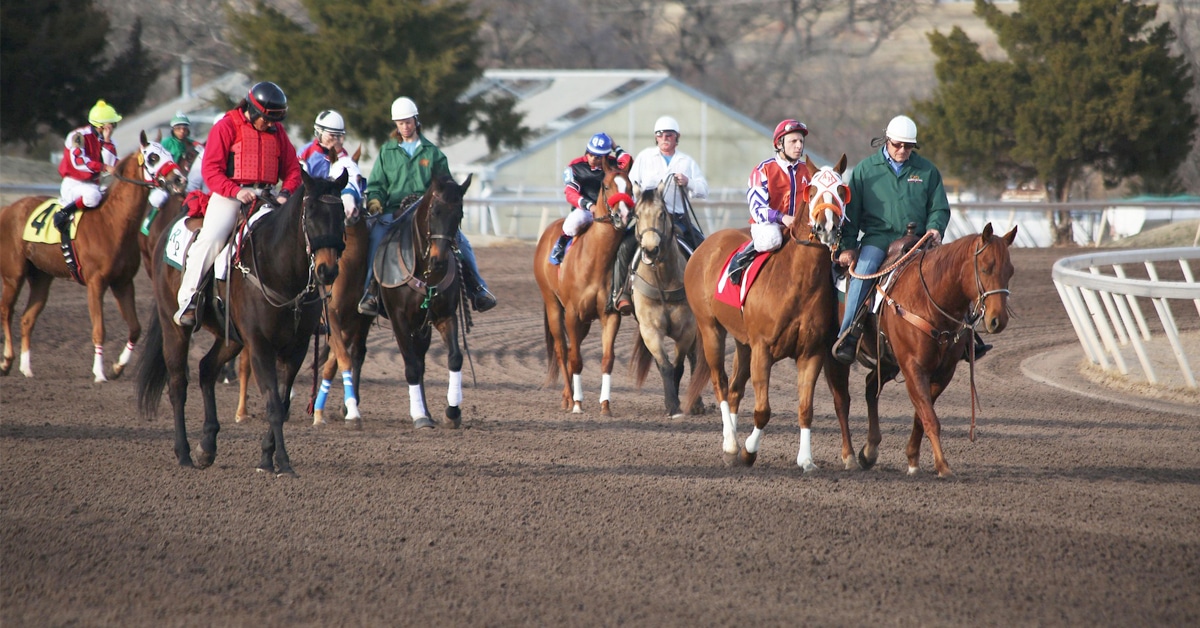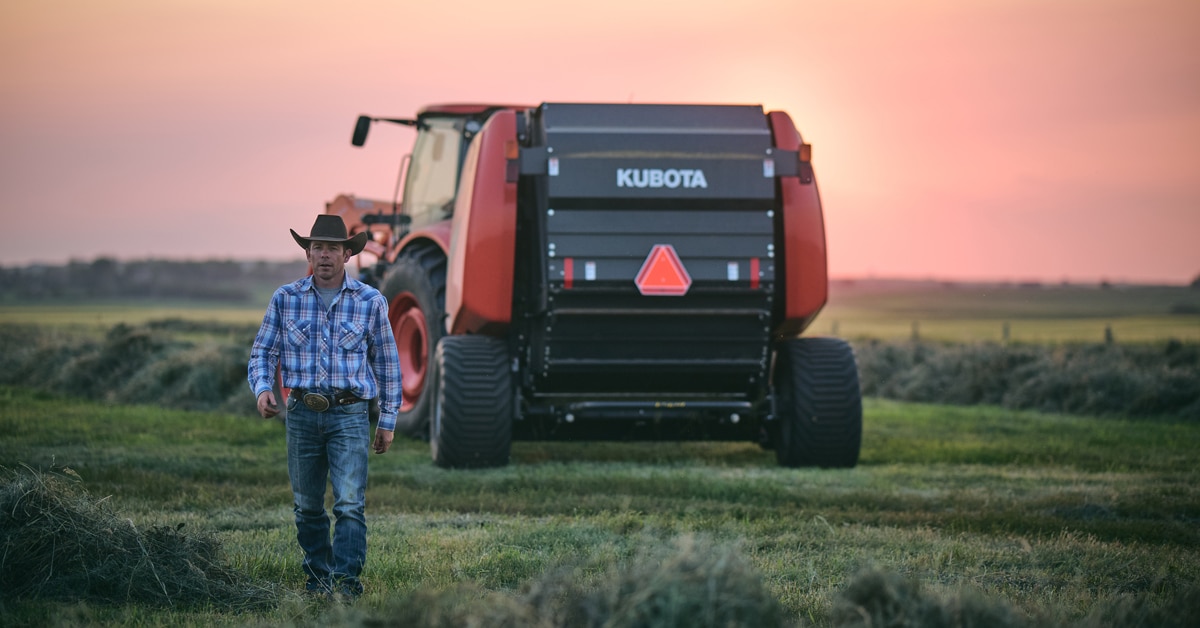The not-for-profit organization Outdoor Afro seeks to inspire Black Americans to find connections and leadership in nature. Founded in 2009 by Rue Mapp, whose passion for the outdoors and commitment to diversity in outdoor spaces has made her a leader in the environmental and outdoor recreation movements, Outdoor Afro’s US networks currently include 100-plus volunteer leaders who guide nature activities in as many as 60 cities. The organization’s network participation reaches 60,000 people annually.

Rue Mapp, founder and CEO of Outdoor Afro.
“I’m proud to say we’ve helped shift the visual representation of who we imagine gets outside — and who leads outdoor experiences,” Mapp tells Horse-Canada. “Practically, we have helped restore outdoor leadership and agency to communities, bringing it back to a place that feels like home.”
Mapp’s connection to horses began when she was a child growing up in Oakland, CA, where her family owned a horse. She has since rediscovered her love of riding and she hopes that through riding horses, other Black Americans will not only reconnect with nature, but also to reconnect with history, specifically the history of the Black Cowboy
HORSE CANADA: Can you tell me what led you to create Outdoor Afro?
RUE MAPP: I reached a point in my life where, thanks to my family ranch upbringing and many varied experiences in nature, I enjoyed many incredible benefits of spending time in nature. Yet I didn’t see people who looked like me represented in the outdoors — as strong, beautiful, and free. The glossy magazines of the time simply didn’t reflect a vision of Black people empowered and engaged in outdoor activities. So in 2009 I turned to social media, literally sitting at my kitchen table to start a blog I whimsically named Outdoor Afro. I wanted to share the story of my family ranch and the rich history of Black connections and leadership in nature all around.
What was your experience with horses growing up?
My father, a true outdoorsman born and raised in Texas, identified strongly as a cowboy and was happy to fulfill my older sister’s wish for a horse. She was 15 years older than me, and I was very young when we had a beautiful mare named Chinook. She was a brown Quarter Horse, if I remember correctly, and we kept her boarded nearby when we weren’t at the ranch. Eventually, though, we sold her to a neighbor when my sister became more interested in her new Camaro! While we still had other farm animals, we didn’t have another horse after that.
For years, I was drawn to horses, but felt too intimidated to dive back into riding — except for the occasional pony ride at the county fair.
You had a riding accident; can you tell us what happened?
Eventually, in adulthood and after starting Outdoor Afro, my husband and I planned a trail ride as part of a weekend getaway in nearby Marin County. It was a beginner’s ride, but a few experienced riders on the trail asked our guide if we could canter, and she agreed. My horse followed the others up a hill at a canter, and I quickly lost balance and was thrown off, landing on my back. Although I got back on and finished the ride, I was pretty banged up from hitting my abdomen on the saddle horn and from the fall itself. That experience made me swear off riding ever again.
What made you decide to “get back on the horse”?
As my work and purpose deepened, so has my desire to meaningfully connect with every facet of nature as an example for others — including horsemanship. I decided I couldn’t let fear be a barrier between me and fully engaging with the outdoors. I’ve also been exploring land ownership in recent years as a way to create a hospitality space for the Outdoor Afro community, a vision I call Homeplace. Horses are essential to this connection with the land, both for myself and for others.
So, over a year ago, I felt reinspired to try again. After a lot of research, I found a local instructor — a fabulous husband-and-wife team, Andrea and David Gomez of Blue Bandida — who not only helped me rebuild my relationship with horses, but also guided me into a solid foundation of western riding skills. Their horses, Cash and Talon, are cattle sorters when they’re not giving lessons, and working with them starting with tacking up has helped me gain confidence and skill with each ride. They even took me to a horse camp in the same county where my accident happened, where I can thankfully now ride confidently over wooden bridges and streams.
Are you planning to promote Black cowboy history within Outdoor Afro, or would that require creating a new entity?
Growing up, my father kept the legacy of Black cowboys alive in our home with stories from his Texas childhood. We also supported the popular Black Cowboy Parade in our hometown of Oakland, California. Even when the history books didn’t reflect it, I always knew Black Americans were horsemen, essential to ranching and the development of the American West.
In Outdoor Afro’s early days as a blog, I shared many stories and photos about this history. Today, we highlight Black history in many outdoor experiences, and I think horsemanship continues to deserve its own spotlight in the same way we regard other specialized outdoor skills.
Do you see horseback riding becoming part of Outdoor Afro activities?
Rather than offering random trail rides that may be risky for beginners, I’d love to support a series of sessions where people can build a relationship with a specific horse over time and develop their skills with a reliable instructor. I’ve come to appreciate the many variables in riding — the terrain, the instructor, and the temperament of the horse itself — and I believe that a longer-term approach would give people a deeper, safer, and more meaningful experience to support a more fulfilling and beautiful connection with horses to last a lifetime.
The Latest

